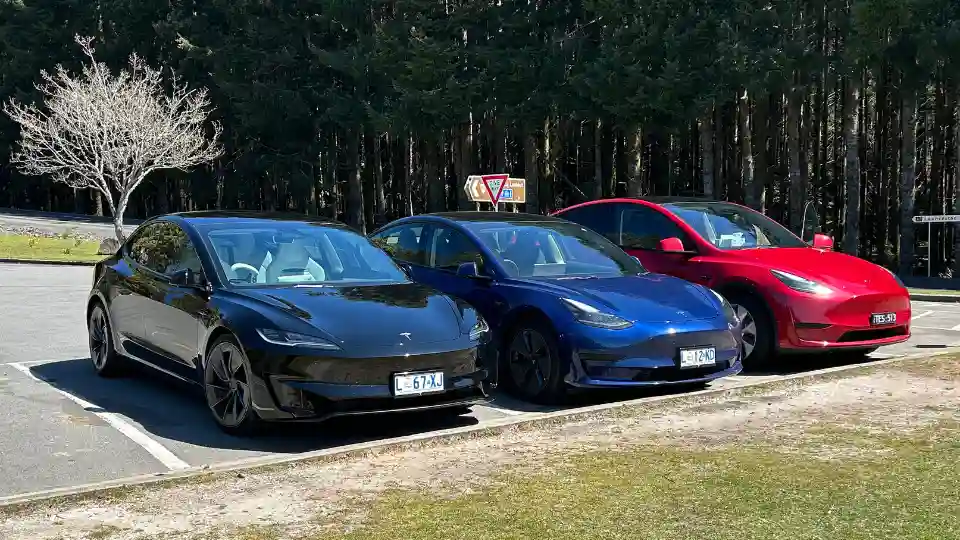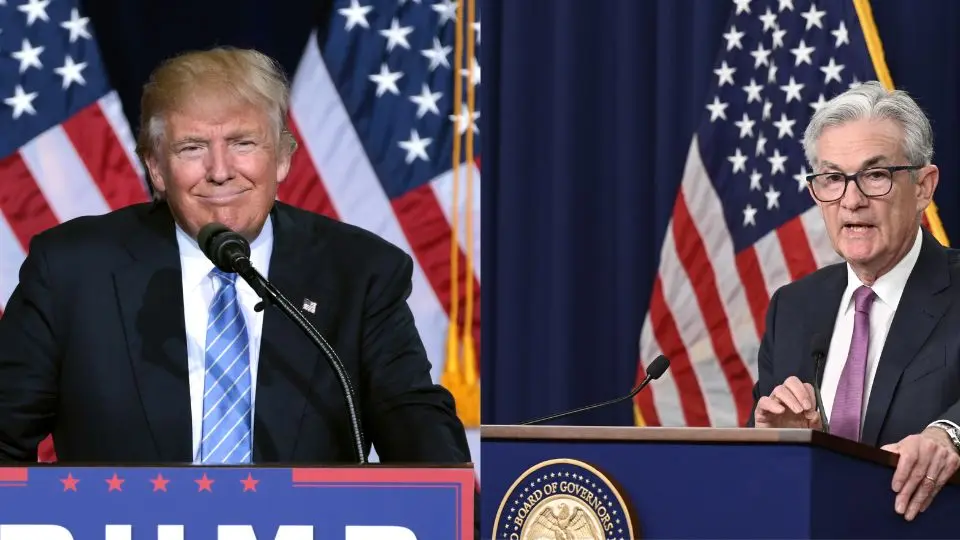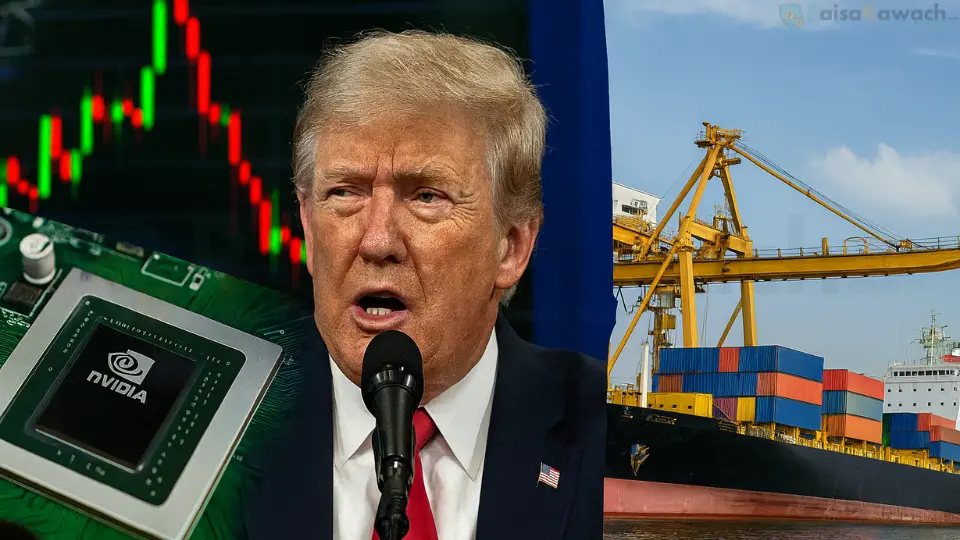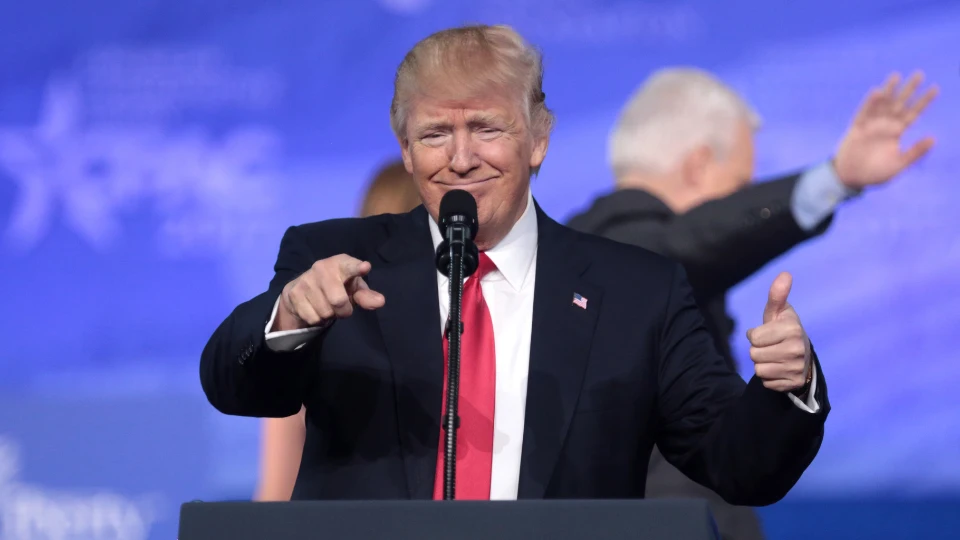The uneasy relationship between former President Donald Trump and Tesla CEO Elon Musk has taken a dramatic turn, triggering tremors across the electric vehicle (EV) market and clean energy sector. In a recent speech, Trump threatened to revoke EV tax credits and federal support for companies like Tesla and SpaceX, following Musk’s sharp criticism of the administration’s landmark spending bill.
This escalating feud isn't just a headline-grabbing political spat — it’s a potential threat to America’s green energy future, investor confidence, and the stability of the fast-growing EV market.
The Trigger: Musk Slams Trump’s “One Big Beautiful Bill”
On June 30, Elon Musk denounced Trump’s sweeping “One Big Beautiful Bill” on X (formerly Twitter), calling it a “disgusting, bloated mess” that fails both innovation and fiscal responsibility. The bill includes significant cuts to clean energy incentives and expands military and infrastructure spending, which Musk argues shifts focus away from technological progress.
Trump’s Retaliation: Subsidy Threats and Personal Jabs
In response, Trump didn’t hold back. Speaking at a rally in Ohio, he threatened to strip Tesla of its EV subsidies and hinted at pulling federal contracts from SpaceX. Trump also mocked Musk for “biting the hand that fed him,” referencing Musk’s once-close ties to the administration during Trump's presidency.
The former president went further, accusing Musk of trying to “undermine America with his own party” — alluding to rumors that Musk may back a new political faction focused on tech-driven governance.
Immediate Market Reaction: Tesla Shares Dip
Following the public spat, Tesla’s stock dipped by nearly 5% in after-hours trading on July 1. Analysts attributed the decline to fears over potential loss of government support and investor uncertainty surrounding Musk’s political entanglements.
- Tesla investors fear backlash could affect future EV tax credits.
- SpaceX’s federal contracts for NASA and defense programs may face political scrutiny.
- EV competitors may gain if Tesla’s access to subsidies is restricted.
EV Industry at Risk: What’s Really at Stake?
The U.S. EV industry is still heavily reliant on federal support. Tax incentives, R&D funding, and government fleet purchases play a major role in helping EV firms remain competitive — especially against heavily subsidized Chinese manufacturers.
If Tesla loses those benefits, the effects could ripple throughout the clean tech ecosystem:
- Stalling innovation due to reduced capital flow
- Slower EV adoption rates
- Setbacks in U.S. climate targets
According to Reuters, some congressional Republicans are already distancing themselves from Trump’s remarks, warning that targeting specific companies could set a dangerous precedent.
Musk’s Political Countermove?
Rumors are swirling that Musk might fund or back a third political party centered on technology, transparency, and national innovation. Though he hasn’t confirmed it publicly, his recent posts suggest he’s exploring options outside the traditional two-party system.
“We need governance by science and logic, not outdated politics,” Musk wrote on July 1, reigniting speculation about his political ambitions.
What Comes Next?
This feud is far from over — and the stakes are high. If Trump follows through on subsidy threats, it could fundamentally alter Tesla’s long-term growth path and challenge the broader EV transition in the U.S.
Meanwhile, investors are watching closely for signs of policy changes, market disruptions, or an official political move from Musk. As the U.S. prepares for its 2026 elections, the battle between innovation and ideology may well define the business landscape.







